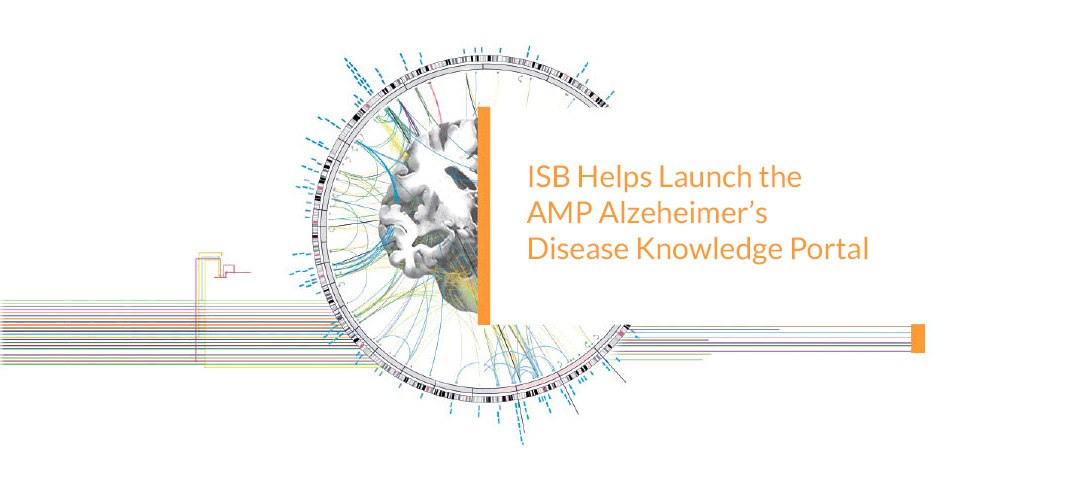NIH-Led Effort – Including ISB – Launches Big Data Portal for Alzheimer’s Drug Discovery
 isbscience.org/news/2015/03/30/nih-led-effort-including-isb-launches-big-data-portal-for-alzheimers-drug-discover/
isbscience.org/news/2015/03/30/nih-led-effort-including-isb-launches-big-data-portal-for-alzheimers-drug-discover/
The National Institutes of Health announced the launch of a new Alzheimer’s Big Data portal, which includes the first wave of data for use by the research community. This portal is the result of the Accelerating Medicines Partnership (AMP) program, which focuses on facilitating collaboration among government agencies, academia and industry in order to translate research more quickly to therapies.
The launch of the AMP Alzeheimers Disease Knowledge Portal is the first major release of the project, to which a consortium of teams contribute data and analysis: Eric Schadt, Ph.D., Icahn School of Medicine at Mount Sinai, New York; Philip De Jager, M.D., Ph.D., Eli and Edythe L. Broad Institute of MIT and Harvard, Boston; Todd Golde, M.D., Ph.D., University of Florida, Gainesville; and Alan Levey, M.D., Ph.D., Emory University, Atlanta. Researchers from Rush University, Chicago; Mayo Clinic, Jacksonville, Fla.; Institute for Systems Biology, Seattle; the University of California, Los Angeles and a number of other academic centers are also participating. ISB’s Price Lab is participating in this project through a collaboration with the University of Florida.
Ben Heavner, a research scientist in the Price Lab, is leading the bioinformatics work, which involves translating raw data into a uniform format and then uploading to the data portal. “This is a huge step for open science,” Heavner said. “This portal offers access to thousands of data sets pre-publication so that all researchers have the opportunity to make the discoveries that will lead to better therapeutics .”
Read more about the NIH’s $45M in grants to support Alzheimer’s research.






